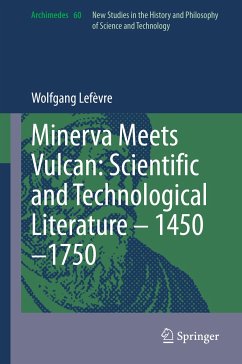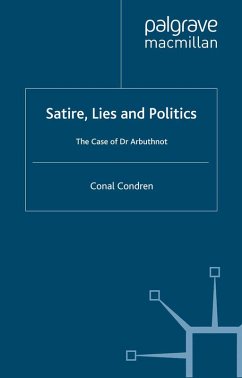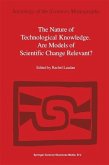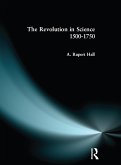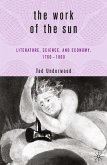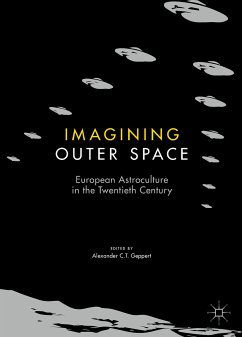This book offers a comprehensive account of the co-evolution of technological and scientific literature in the early modern period (1450-1750). It examines the various relationships of these literatures in six areas of knowledge - Architecture, Chemistry, Gunnery, Mechanical Engineering, Mining, and Practical Mathematics - which represent the main types of advanced technological and scientific knowledge of the era. In this way, the volume tries to convey a new idea of the variety and disunity of the early modern interrelations and interactions between learned and practical knowledge. The book will be primarily of interest to historians of science and technology and can serve as a textbook in these fields of study. Since the book addresses fundamental aspects of the significance that the emergence and development of the modern natural and technological sciences have for the self-image of the West, it will also be of interest to a wider readership.
Dieser Download kann aus rechtlichen Gründen nur mit Rechnungsadresse in A, B, BG, CY, CZ, D, DK, EW, E, FIN, F, GR, HR, H, IRL, I, LT, L, LR, M, NL, PL, P, R, S, SLO, SK ausgeliefert werden.

